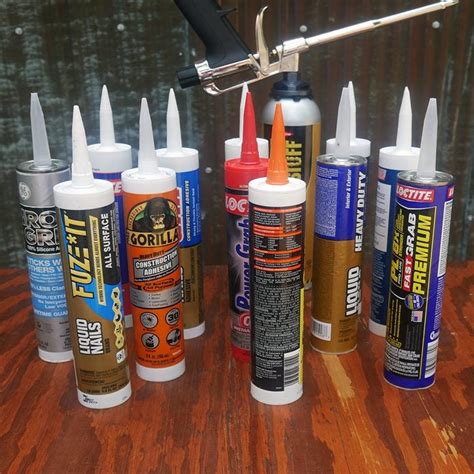When it comes to epoxy application, having the right tools and equipment can make all the difference in achieving a successful and professional-looking finish. One of the most crucial decisions you'll make is choosing the right epoxy applicators for your project. With so many options available, it can be overwhelming to determine which ones to use. In this article, we'll explore the different types of epoxy applicators, their benefits, and how to choose the right ones for your specific needs.
The Importance of Epoxy Applicators
Epoxy applicators are designed to help you apply epoxy resin to a surface accurately and efficiently. They come in a variety of shapes, sizes, and materials, each with its own unique characteristics and benefits. Using the right epoxy applicators can save you time, reduce waste, and ensure a smooth, even finish.
Types of Epoxy Applicators
There are several types of epoxy applicators available, including:
- Brushes: Brushes are one of the most common types of epoxy applicators. They come in a range of sizes and are ideal for applying epoxy to small, intricate areas.
- Rollers: Rollers are perfect for applying epoxy to large, flat surfaces. They come in various sizes and are often used for projects such as flooring and countertops.
- Squeegees: Squeegees are designed for applying epoxy to large, flat surfaces quickly and efficiently. They are often used for projects such as garage floors and industrial coatings.
- Laminate tools: Laminate tools are specialized applicators designed for applying epoxy to specific areas, such as edges and corners.
- Pumps: Pumps are used for applying epoxy to large areas quickly and efficiently. They are often used for projects such as industrial coatings and marine applications.
Choosing the Right Epoxy Applicators
When choosing the right epoxy applicators for your project, there are several factors to consider. Here are some tips to help you make the right decision:
- Project size: Consider the size of your project and the amount of epoxy you'll need to apply. Larger projects may require larger applicators, while smaller projects may require smaller ones.
- Surface type: Consider the type of surface you'll be applying epoxy to. Different surfaces require different types of applicators. For example, a rough surface may require a brush or roller, while a smooth surface may require a squeegee.
- Epoxy type: Consider the type of epoxy you'll be using. Different epoxies have different viscosities and require different types of applicators. Thicker epoxies may require a brush or roller, while thinner epoxies may require a squeegee or pump.
- Desired finish: Consider the desired finish you want to achieve. Different applicators can produce different finishes. For example, a brush can produce a textured finish, while a roller can produce a smooth finish.

Benefits of Using the Right Epoxy Applicators
Using the right epoxy applicators can have several benefits, including:
- Time savings: Using the right applicators can save you time and effort in the long run. The right applicators can help you apply epoxy quickly and efficiently, reducing the amount of time you spend on the project.
- Reduced waste: Using the right applicators can also help reduce waste. The right applicators can help you apply epoxy accurately, reducing the amount of epoxy that is wasted.
- Improved finish: Using the right applicators can also help you achieve a better finish. The right applicators can help you apply epoxy smoothly and evenly, reducing the risk of imperfections and defects.
Tips for Using Epoxy Applicators
Here are some tips for using epoxy applicators:
- Follow the manufacturer's instructions: Always follow the manufacturer's instructions for the specific applicator you're using.
- Use the right amount of epoxy: Use the right amount of epoxy for the specific applicator you're using. Too much epoxy can be wasteful and difficult to work with, while too little epoxy may not provide adequate coverage.
- Work in a well-ventilated area: Always work in a well-ventilated area when using epoxy applicators. Epoxy can release strong fumes and particles that can be hazardous to your health.
Gallery of Epoxy Applicators





Frequently Asked Questions
What is the best type of epoxy applicator for my project?
+The best type of epoxy applicator for your project depends on the size of the project, the type of surface you're applying epoxy to, and the desired finish. Consider the factors mentioned in this article to determine the best applicator for your specific needs.
How do I choose the right size of epoxy applicator?
+Consider the size of your project and the amount of epoxy you'll need to apply. Larger projects may require larger applicators, while smaller projects may require smaller ones.
What are the benefits of using the right epoxy applicators?
+Using the right epoxy applicators can save you time, reduce waste, and improve the finish of your project.
By following the tips and guidelines outlined in this article, you can choose the right epoxy applicators for your project and achieve a professional-looking finish. Remember to consider the size of your project, the type of surface you're applying epoxy to, and the desired finish when selecting applicators. With the right tools and equipment, you can achieve success with your epoxy project.
